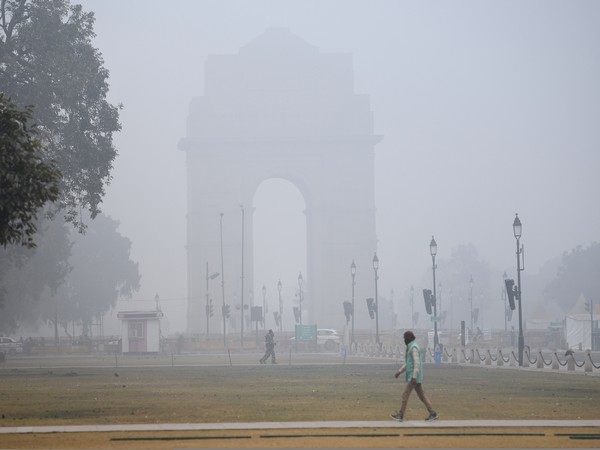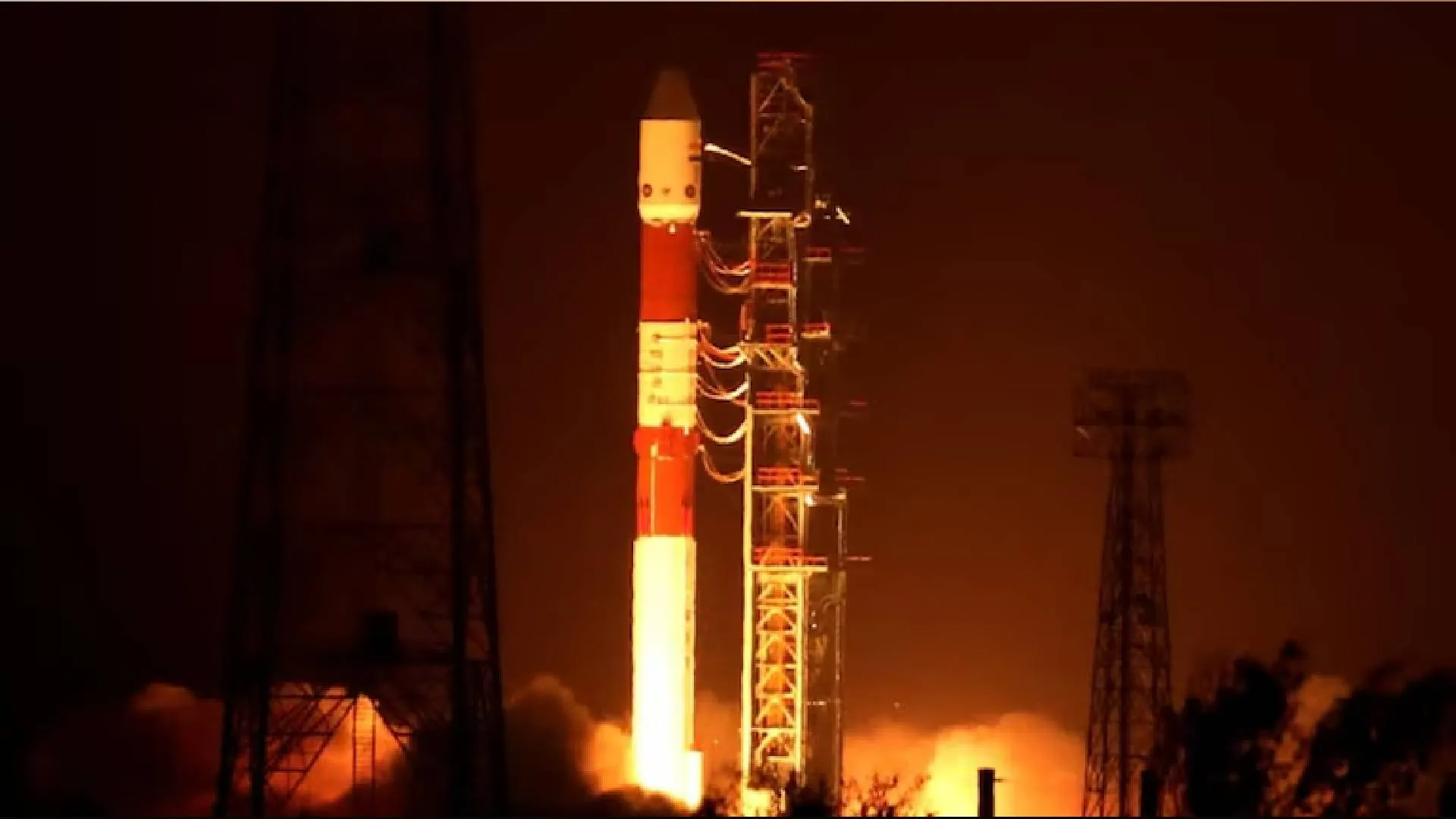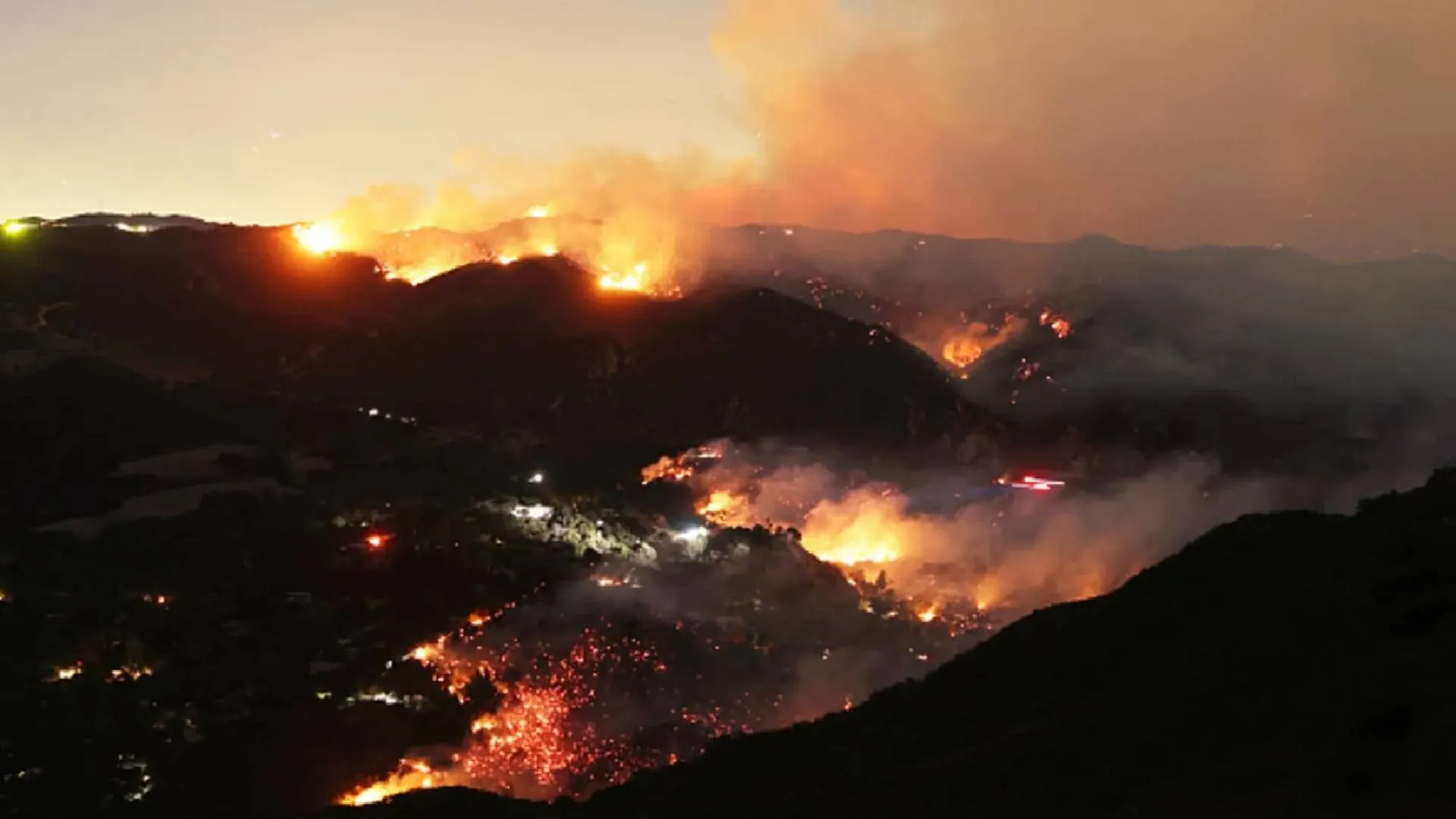Indian Meteorological Department (IMD) on Wednesday informed that fresh western disturbances would affect the western Himalayan region from the night of 20 January to 26 January, as a result, cold wave conditions over Northwest India are likely to abate from 19 January. Under its influence, light or moderate isolated to scattered rainfall or snowfall is expected on 20 January and 21 January over Jammu-Kashmir-Ladakh-Gilgit-Baltistan-Muzaffarabad, Himachal Pradesh, and Uttarakhand. Light or moderate isolated to scattered rainfall or thunderstorm is likely to take place over Punjab, Haryana and Chandigarh, north Rajasthan and West Uttar Pradesh between 23 January to 25 January. Meanwhile, as cold wave conditions continued to grip Northwest India, including Delhi-NCR, Punjab, Rajasthan, and Haryana, the India Meteorological Department has issued orange and yellow alerts in most parts of the region. An orange alert asks authorities concerned to “be prepared” to respond to any emergency situation arising out of weather change while the yellow alert signifies that the weather could change, and hence people should be vigilant. The IMD has predicted light to moderate rain and a hailstorm with winds gusting up to 50 kilometres per hour that will lash northwest India, next week. Light rain is also expected in Delhi, the weather office said predicting a “partly cloudy sky, moderate to dense fog in the morning with the possibility of very light rain/drizzle towards night”. IMD has issued orange and yellow alerts in parts of Punjab, Haryana, Rajasthan and Uttar Pradesh as these area are likely to witness severe cold wave. In Punjab, Gurdaspur, Firozpur, Muktsar, Jalandhar, Hoshiarpur and Bathinda are on orange alert. Districts such as Fazilka, Barnala, Sangrur, Ludhiana and Fatehgarh Sahib are on yellow alert. In Haryana, Sonipat, Jhajjar, Rewari, Sonipat and Hisar are on orange alert, while Ambala, Kurukshetra, Bhiwani and Palwal are on yellow alert. Most parts of Uttar Pradesh are on yellow alert.

















